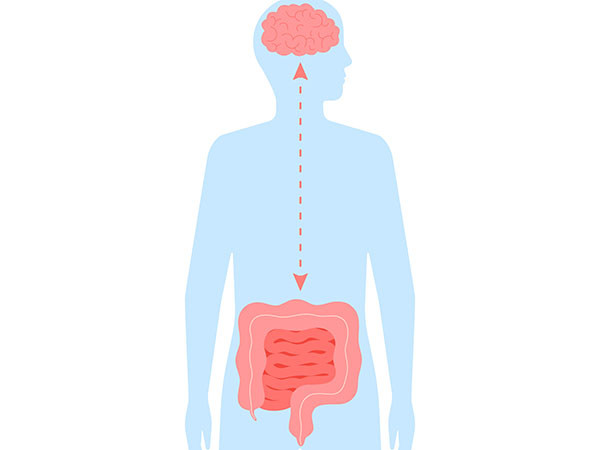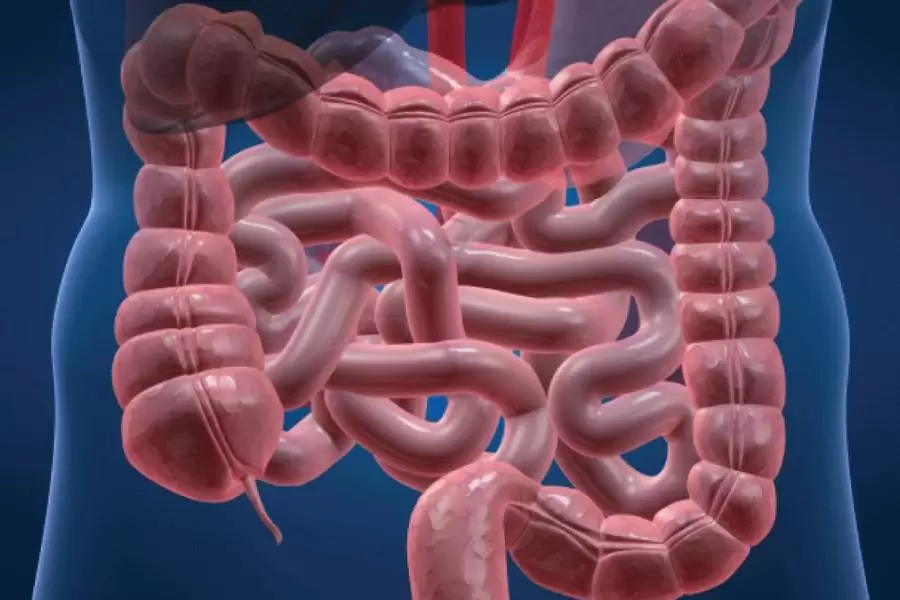Your digestive system works hard every day to keep your body running smoothly, but for many, bowel sluggishness can throw the entire system off balance. Often dismissed as a minor inconvenience, a slow-moving gut could signal bigger health concerns over time. Understanding the causes, recognizing the symptoms, and taking steps to improve your digestive function can not only prevent discomfort but also protect your overall health.

What Is Bowel Sluggishness?
Bowel sluggishness is a condition where the colon slows down, leading to delayed or challenging bowel movements. It can manifest as infrequent stools, difficulty passing waste, or a lingering feeling of incomplete emptying. While occasional changes in bowel habits are normal, persistent sluggishness is a red flag that shouldn’t be ignored.
Common Causes of Bowel Sluggishness
Several factors can contribute to a sluggish digestive system. Some of the most common causes include:
- Low-Fiber Diet: A diet lacking in fruits, vegetables, and whole grains can lead to harder stools and reduced gut motility.
- Dehydration: Water is essential for softening stool and aiding its movement through the intestines.
- Sedentary Lifestyle: Regular physical activity encourages gut motility, and a lack of exercise can slow down digestion.
- Stress: Chronic stress can disrupt the gut-brain axis, leading to slowed bowel movements or digestive discomfort.
- Medications: Certain medications, such as opioids, antacids, and antidepressants, may contribute to constipation and slow digestion.
- Underlying Conditions: Conditions like hypothyroidism, irritable bowel syndrome (IBS), or even neurological disorders may also trigger bowel sluggishness.
The Impacts of Ignoring Bowel Sluggishness
While it might seem harmless at first glance, untreated bowel sluggishness can take a toll on both your physical and emotional health over time. Here’s why taking it seriously is so important:
- Toxin Build-Up: Delayed bowel movements allow waste products and toxins to remain in the colon longer, potentially leading to issues like bloating, gas, or even headaches.
- Hemorrhoids and Fissures: Straining during bowel movements can result in painful hemorrhoids or anal fissures, making each trip to the bathroom even more challenging.
- Gut Dysbiosis: A slow-moving bowel can disrupt the balance of gut bacteria, leading to overgrowth of harmful bacteria and reduced overall gut health.
- Chronic Constipation: Persistent sluggishness can turn into a cycle of constipation, where stools become harder and more difficult to pass with time.
- Impact on Mood and Energy: A sluggish bowel can leave you feeling heavy, fatigued, and irritable, ultimately affecting your mental well-being.
When to See a Doctor?
If lifestyle changes don’t improve your bowel sluggishness, or if you experience severe symptoms like blood in stool, unexplained weight loss, or persistent abdominal pain, it’s time to seek medical advice. Underlying issues like inflammatory bowel disease, colorectal disorders, or other medical conditions may need to be addressed.
Conclusion
Your digestive system plays a central role in maintaining your overall health and well-being. Ignoring signs of bowel sluggishness might seem tempting in the short term, but doing so puts your health at risk. By taking proactive steps like eating a fiber-rich diet, staying hydrated, and moving your body, you can restore regularity in your bowel habits and ensure your digestive system functions at its best. Listen to your gut—it knows more than you think!




